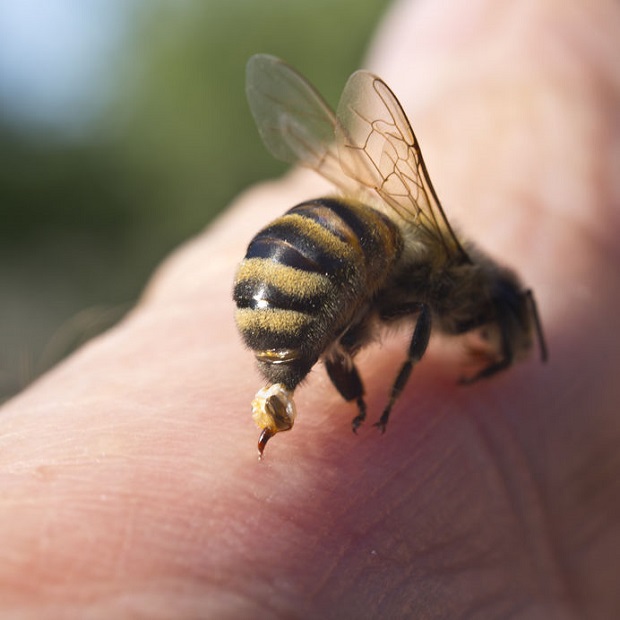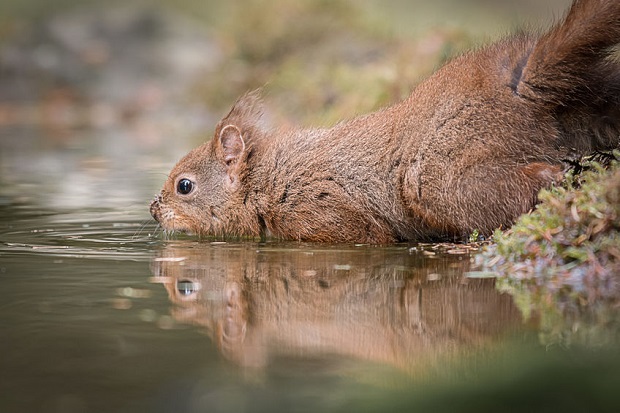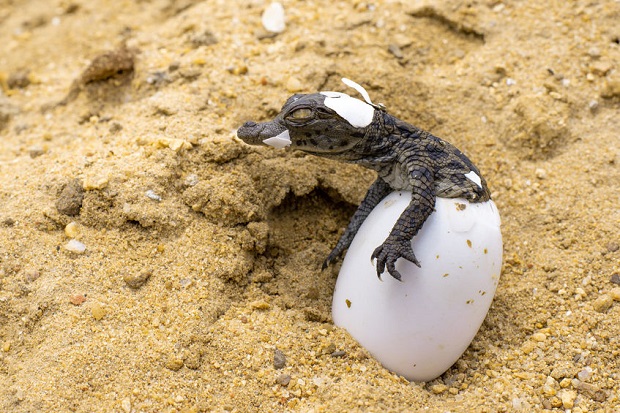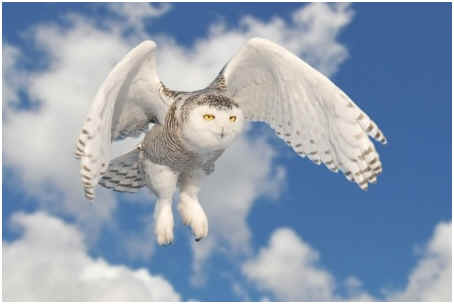
Can Bats Swim?
Bats can swim. Though swimming is not a natural behavior of the bat, they will swim instinctively when forced by a situation. In an interesting study, bats were found to employ a style of swimming resembling the butterfly stroke, female bats swam better than the males, and 16% of the bats tested actually swam better than they flew.
The Swimming Bats Study
In 1958, a group of researchers from Central State College, Wilberforce, Ohio, set out to compare the physiological differences between bats performing a “function for which it is accustomed and primarily adapted”-flying, with “one for which it is neither accustomed to performing nor primarily adapted”-swimming.
Two species of common brown bats, Myosis sodalist, and Eptesicus fuscus, were observed flying and swimming through observation and slow-motion photography.
The researchers observed that both species of bats could float effortlessly by pulling their wings in to rest at their sides. They further observed that both species could indeed swim using their wings and feet to propel forward. In both species that were tested, they employed a style of swimming that resembled the butterfly stroke.
Interestingly, the researchers found that of those animals tested, the females of both species swam better than the males and that 16% of the bats actually swam better than they flew.
Fishing Bats…Really?
Bats and water seem an odd combination, but there are bats that actually live by the water and feed on fish. The best-known fishing bat, the greater bulldog bat, Noctilio leporinus, is native to Central and South America. This bat uses its echolocation to seek water ripples in an attempt to locate a fish below the surface. It will then swoop down and grab the fish with its specialized hind feet and claws.
Resources
Craft, Thomas J, Marian I. Edmondson, and obert Agee. “A Comparative Study of the Mechanics of Flying and Swimming in Some Common Brown Bats.” The Ohio Journal of Science 58.4 (1958): 245. Print
Smithsonian Institute – “Encyclopedia Smithsonian: Bat Facts.”





